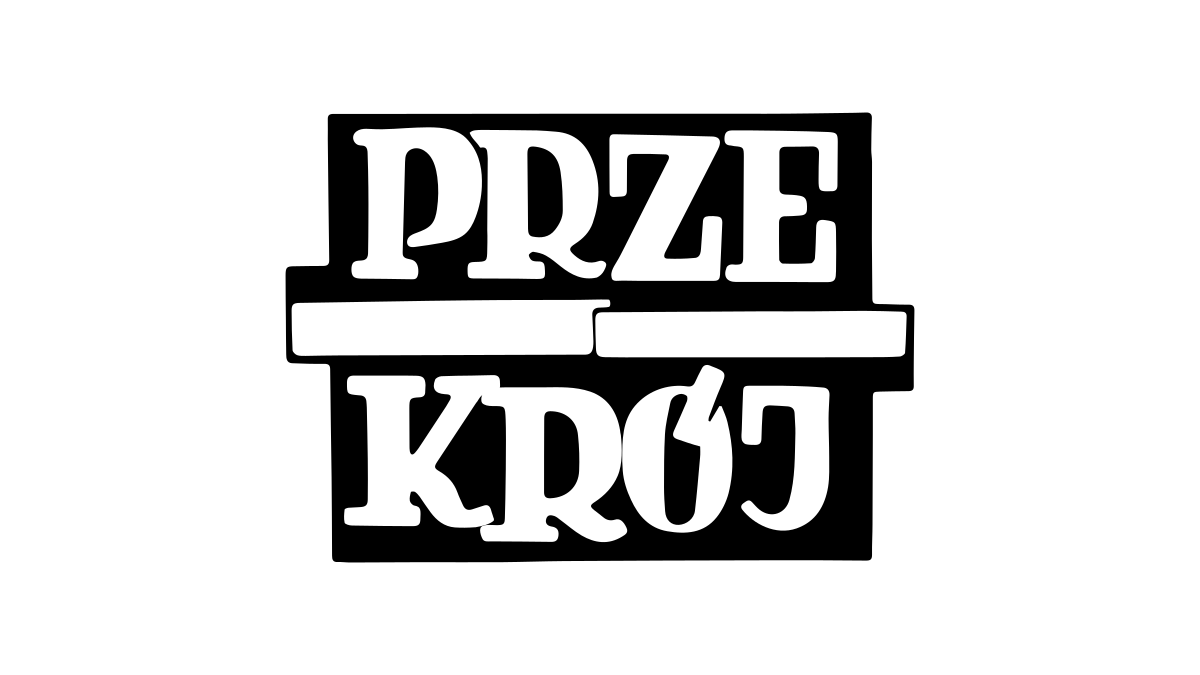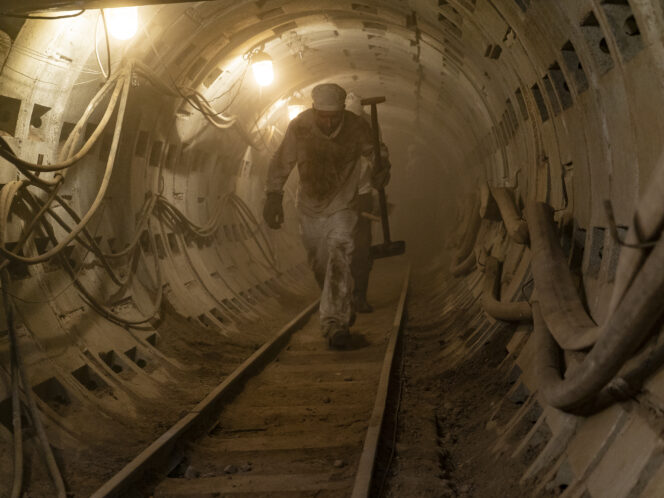
As a Belarusian who grew up in the Byelorussian SSR (BSSR), I remember how I first got to know about the Chernobyl tragedy.
I was on the streets in our communal yard riding my bicycle. My mother opened the window and called me home. I asked what had happened, but she loudly repeated: “Just come home!” At the flat, she explained to me that something was wrong with the weather. The following day, she asked me to eat a piece of black bread with two drops of iodine on it. She was a medic, and somehow knew about the possible thyroid problems that could arise as a result of radiation exposure. What she didn’t know – something that no nuclear energy specialist in Soviet Minsk ever explained publicly – was that liquid iodine bought from the pharmacy is not effective against radiation exposure. That’s why it was no surprise that across five years of standard medical inspection at my school, the doctor diagnosed in me an enlarging thyroid and ordered me to have a check-up every year. By the age of 21, I had lost my first schoolmate who was with me on that same communal yard during April 1986.
Fast-forward to June 2019, and a new miniseries has debuted on HBO, becoming the ‘highest-rated television show in history’ almost overnight. Chernobyl, as most of you will know by now,








